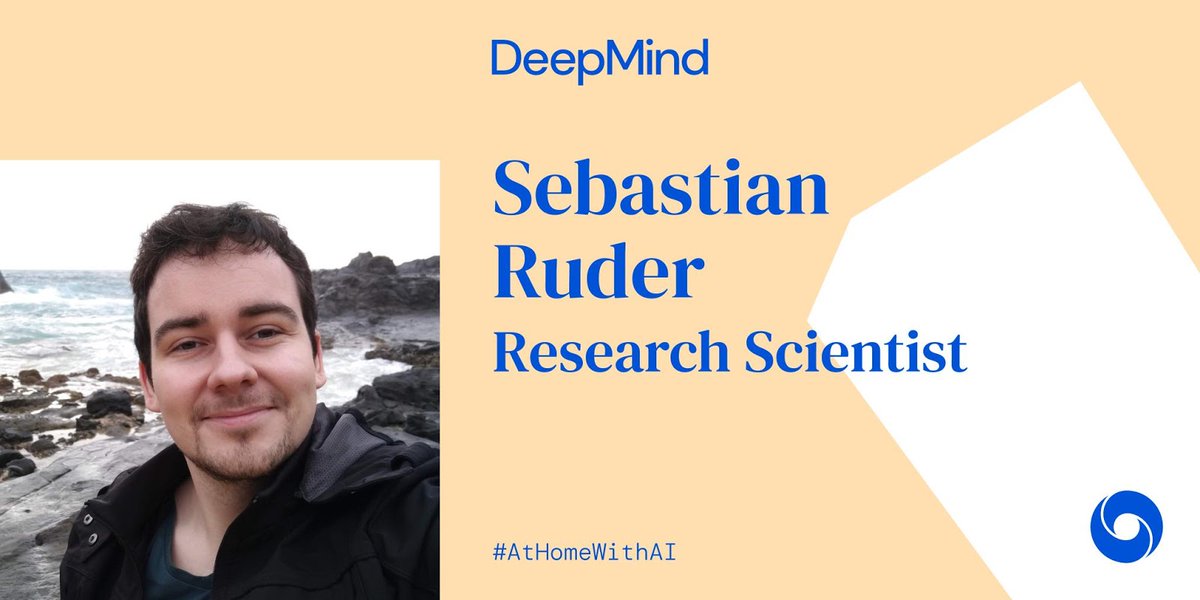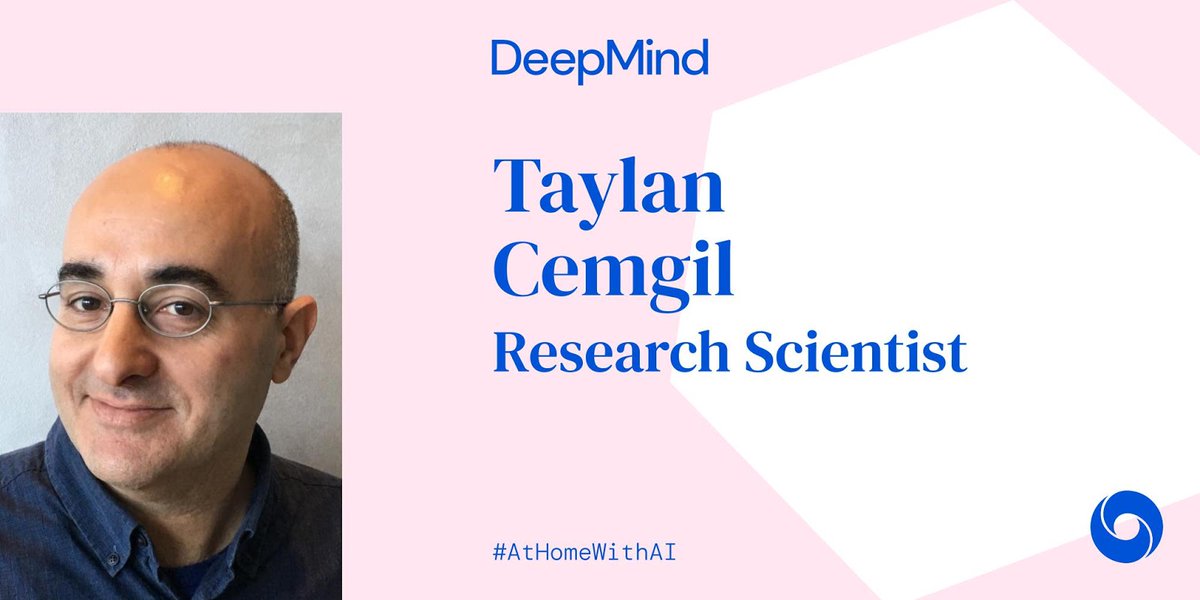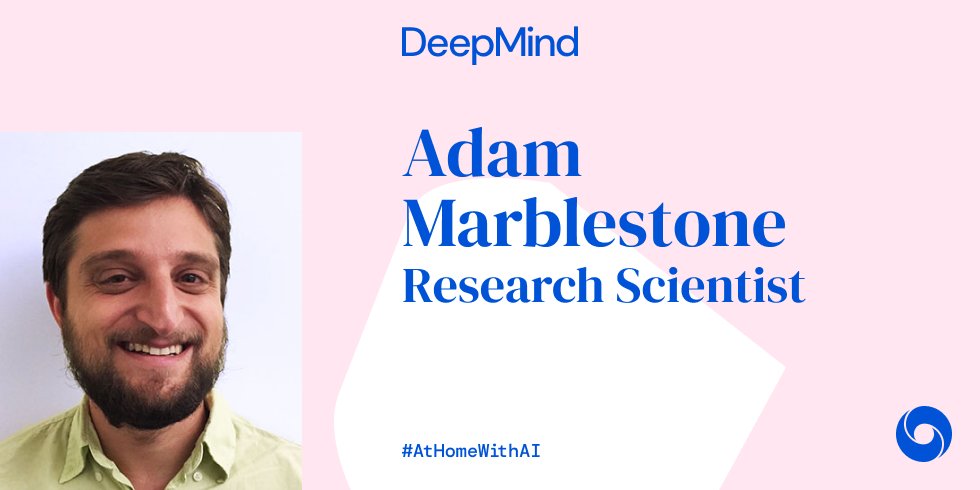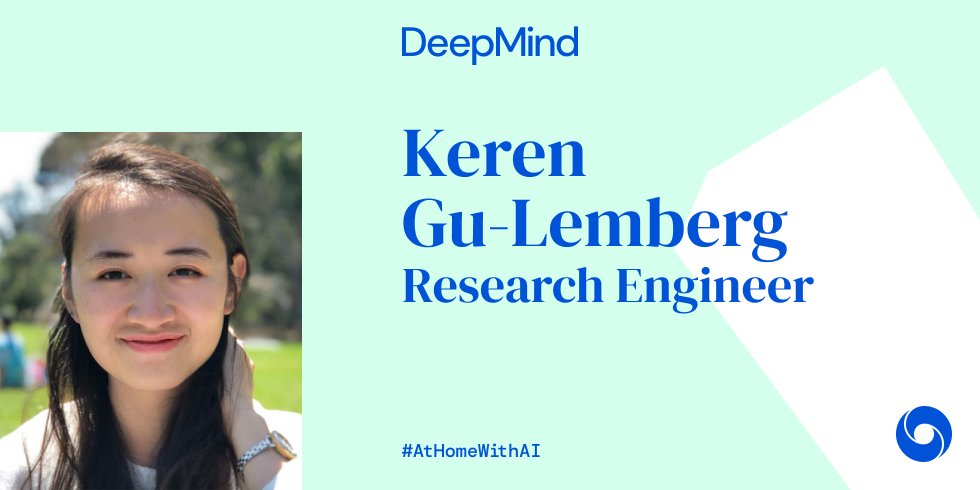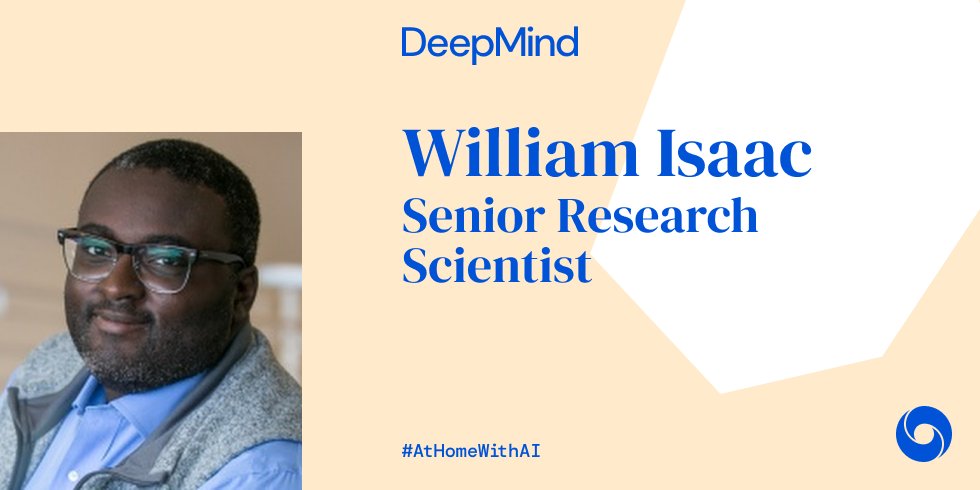
For #NeurIPS2020, we spoke with @wojczarnecki about Spinning Tops, advice he wish he received as a student, and his goals for next year! #PeopleBehindThePapers 

AI has been extremely successful in real world games (GO, DOTA, StarCraft) with results coming from relatively simple multi-agent algorithms. In this paper, we hypothesise that they share a common geometry - Spinning Tops. Learn more: bit.ly/3qI8RrD #NeurIPS2020 

I’ve always loved biology. During my masters I decided to take a handful of neurophysiology courses - which I found to be interesting. But eventually I realised that my true strengths were in mathematical sciences. A career in ML and AI became a natural way to combine the two. 

I wish I knew that having a doctorate wasn’t essential for a successful career. Nowadays you can join an AI lab as a research engineer (or another similar role) which can provide you with the experience and opportunities needed to succeed! 

I want to relearn some of the mathematics that I’ve forgotten. A year isn’t long enough to revisit the whole domain, so maybe I’ll start with set theory, topology and some functional analysis. There are also a few projects I'm working on - maybe something to share at #NeurIPS2021 

• • •
Missing some Tweet in this thread? You can try to
force a refresh

